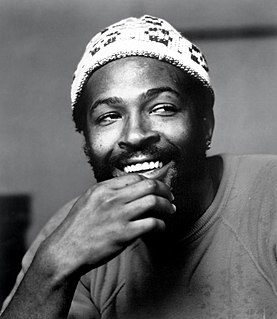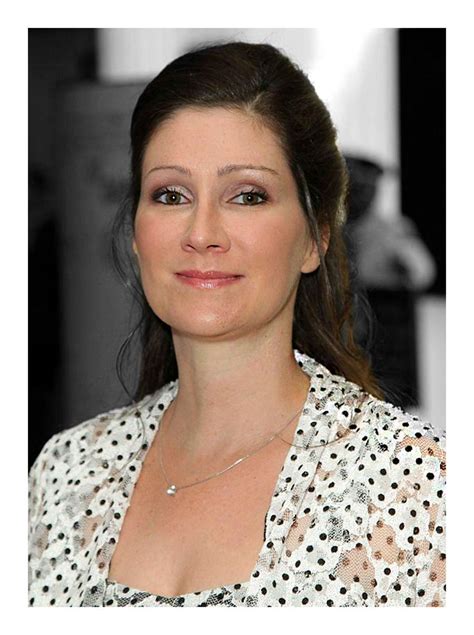A Quote by Gustave Flaubert
And the more he was irritated by her basic personality, the more he was drawn to her by a harsh, bestial sensuality, illusions of a moment, which ended in hate.
Related Quotes
Instead of answering her as soon as he saw her hair grow electric, her face more vivid, her eyes like lightning, her body restless and jerky like a racehorse’s, he retired behind this wall of objective understanding, this gentle testing and acceptance of her, just as one watches an animal in the zoo and smiles at his antics, but is not drawn into this mood. It was this which left Lilith in a state of isolation - indeed, like a wild animal in an absolute desert.
I saw a new world coming rapidly. More scientific, efficient, yes. More cures for the old sicknesses. Very good. But a harsh, cruel, world. And I saw a little girl, her eyes tightly closed, holding to her breast the old kind world, one that she knew in her heart could not remain, and she was holding it and pleading, never to let her go.
The wide world was changing, and she wanted a different place in it. Not just wanted, but felt she deserved. If the world didn't owe her a living, as her mother repeatedly warned her, it owed her a break. She had a strong sense that a better, more exciting, more rewarding life than that which had been the lot of her parents and grandparents was hers by right. In this she was guilty of nothing more serious than the arrogance of youth, from which every generation suffers and by which it distinguishes itself from the preceding one.
You say you love your wife. You depend on her; she has given you her body, her emotions, her encouragement, a certain feeling of security and well-being. Then she turns away from you; she gets bored or goes off with someone else, and your whole emotional balance is destroyed, and this disturbance, which you don't like, is called jealousy. There is pain in it, anxiety, hate and violence. So what you are really saying is, 'As long as you belong to me I love you but the moment you don't I begin to hate you.
The adolescent frequently supposes that she is breaking out of the confines of her mundane, schoolgirl existence simply in order to break rules and defy authority. . . . She rids herself of the "oughts" and "musts" that convert every minor infraction into a sin of omission or commission. It certainly does not occur to her or to her family that by questioning the moral standards she erected as a child she is taking the first steps in her journey toward a firmer, more reasonable, less harsh, more ethical form of conscience.
Obviously I know if you're putting yourself out there, saying, 'Hey! Listen to my music!,' with pictures of yourself in the magazines, then people are going to judge you. 'I hate her music. I hate her hair. I hate her production. I hate her videos.' Fine: don't care. That's the great thing about art: it's not for everyone.
I say seduce her, seduce her tonight. Break the door down if you have to. Tell her all those things you said to me about her. You will love her more tomorrow than today and how you want to die with her hand in yours–which is an excellent line, by the way, that I fully intend to borrow when the time comes.
But will I always love her? Does my love for her reside in my head or my heart? The scientist in her believed that emotion resulted from complex limbic brain circuitry that was for her, at this very moment, trapped in the trenches of a battle in which there would be no survivors. The mother in her believed that the love she hadd for her daughter was safe from the mayhem in her mind, because it lived in her heart.







































